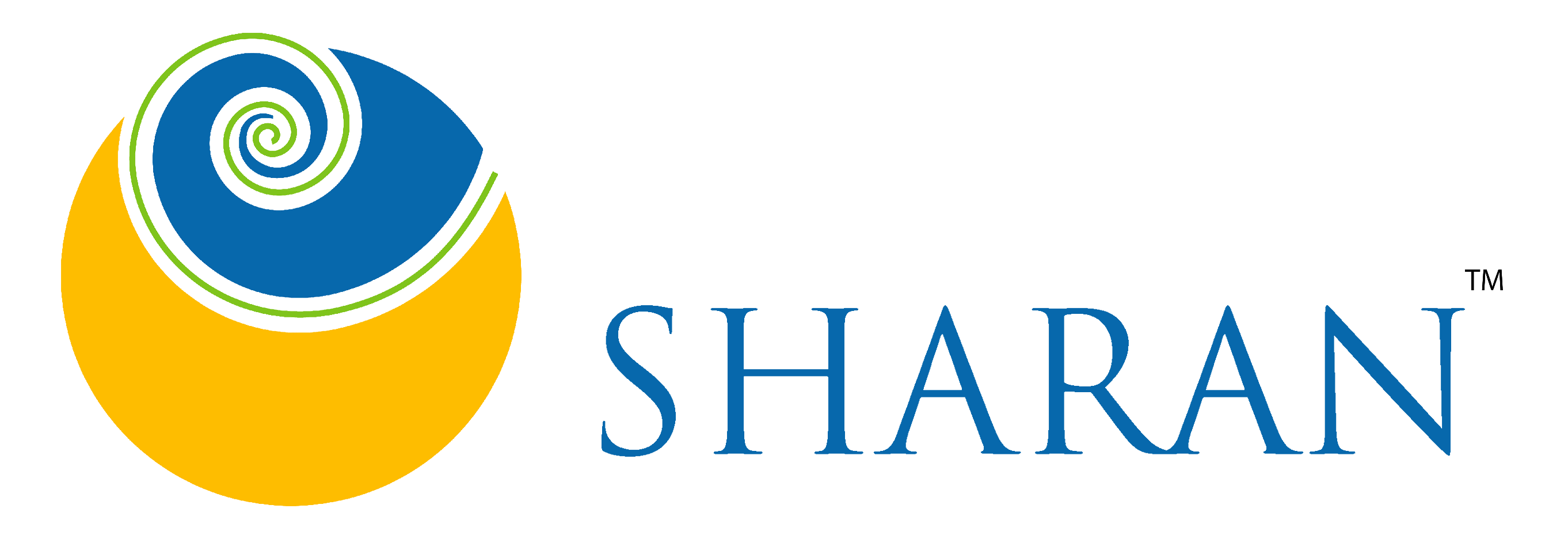|
Palak ‘Paneer’
One honestly don’t miss anything when on a plant based diet. Check out this delicious and creamy tofu palak ‘paneer’ recipe, which is full of taste, iron, compassion and more!
Ingredients (For the tofu paneer)
-
1 16-ounce block firm tofu
-
1/4 cup cashew paste
-
1 tablespoon grated fresh ginger or ginger paste
-
1 tablespoon lemon or lime juice
-
1 teaspoon garam masala
-
Salt, to taste
Ingredients (For the spinach)
-
1 teaspoon ground cumin
-
1 teaspoon ground coriander
-
1/2 teaspoon chili powder or crushed red pepper
-
1/2 teaspoon turmeric (optional)
-
1 tablespoon grated fresh ginger
-
2 tomatoes, chopped
-
Salt, to taste
-
1/2 cup chopped onion
-
2 bunches fresh spinach, chopped roughly and blanched
-
1/3 cup plain soy yogurt or other plant-based yogurt
Method
Place the tofu in a flat colander (or plate) with a weight on top for at least half an hour, or preferably overnight in the refrigerator. You could also use a tofu press. The idea is to drain out all the water to make it suitable to marinate. Cut tofu into cubes or roughly one-inch squares.
In a bowl, mix the cashew paste, ginger, lemon or lime juice, garam masala, and salt, adding water to the paste if it’s too thick. The marinade should be as thick as cream in consistency.
Add the tofu cubes to the freshly-prepared paste in a baking pan and let it stand for about 30 minutes to an hour, turning it a couple of times to make sure all the surfaces absorb the marinade.
Bake tofu for about 20 minutes at 300°F (150°C).
While tofu is cooking, heat a large sauté pan and dry roast cumin, coriander, chili powder or crushed red pepper and turmeric over low heat to prevent the spices from getting burnt. Add ginger and tomatoes. Cook mixture over medium heat until the juice from the tomatoes is almost evaporated and the tomatoes are cooked.
Separately, in a large sauté pan add a little salt to the chopped onion and “fry” it in its own juice. Add steamed spinach. Toss in tomato and the spice mixture and let the mixture simmer for a few minutes to absorb the water. Then add yogurt, mixing thoroughly. Add tofu cubes and cook until thoroughly warmed.
Food for the Mind

FACEBOOK SUPPORT GROUP
If you love Facebook, then join us to be supported on your plant based journey. We offer 3 possibilities from 1st Jan 2016.
1. SHARAN India This is SHARAN’s main Facebook page which you can like and follow for getting useful daily updates and news from the plant based health world. You will also get news about the latest SHARAN events, see testimonials, and more.
2. SHARAN’s Vegan Support Group This is an open support group to know more about vegan/plant-based lifestyle. Here you can ask questions and share inspiring stories, tips, recipes, etc.
3. SHARAN’s Plant Powered Health This is the new group only for the past attendees of SHARAN’s events: seminars, cooking classes, retreats or longer programs.
All our doctors and presenters will be here to answer your questions and give you tips. If you have attended our events join this group to be a part of our family.
Please like the main SHARAN page and join the group(s) applicable to you.
|
